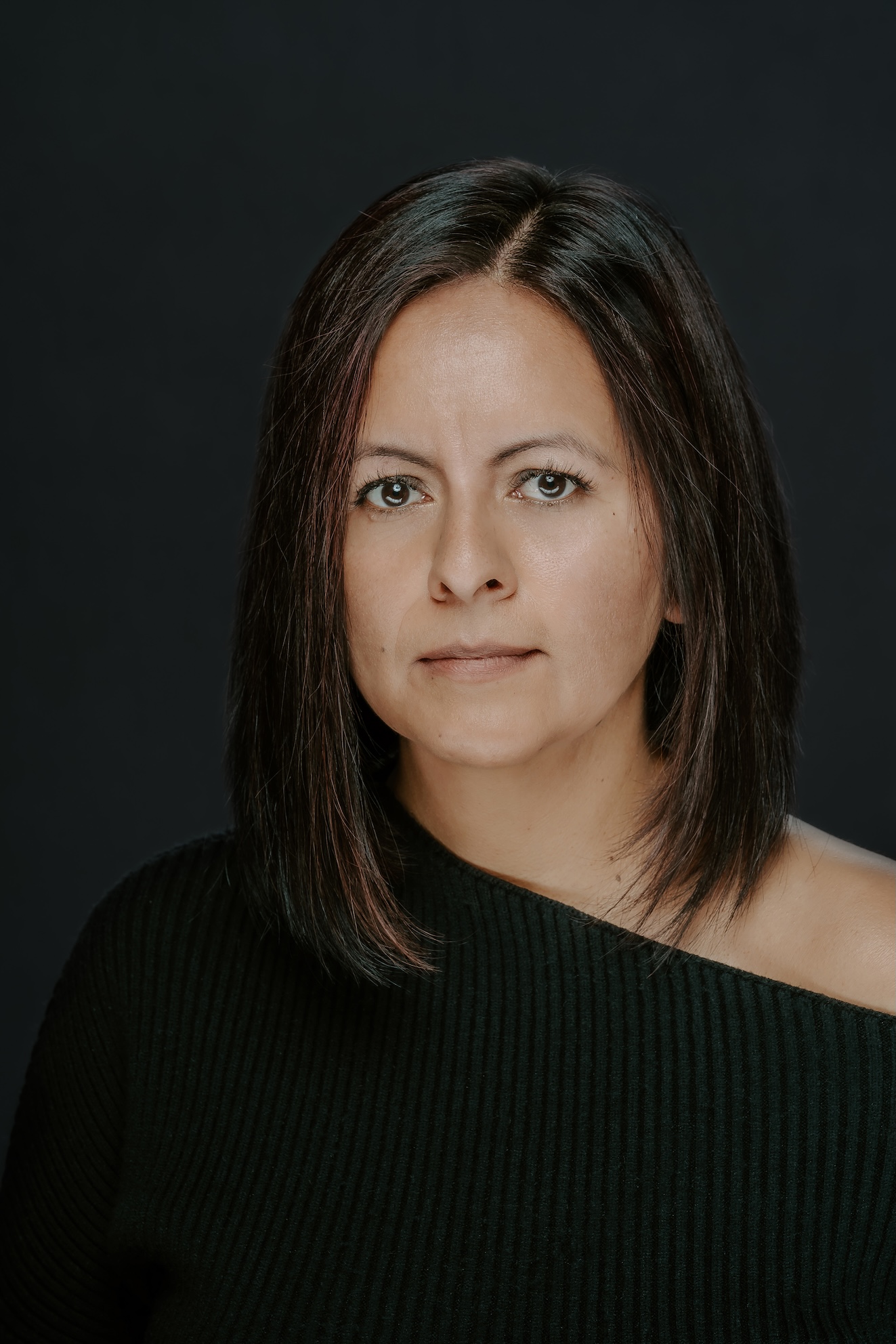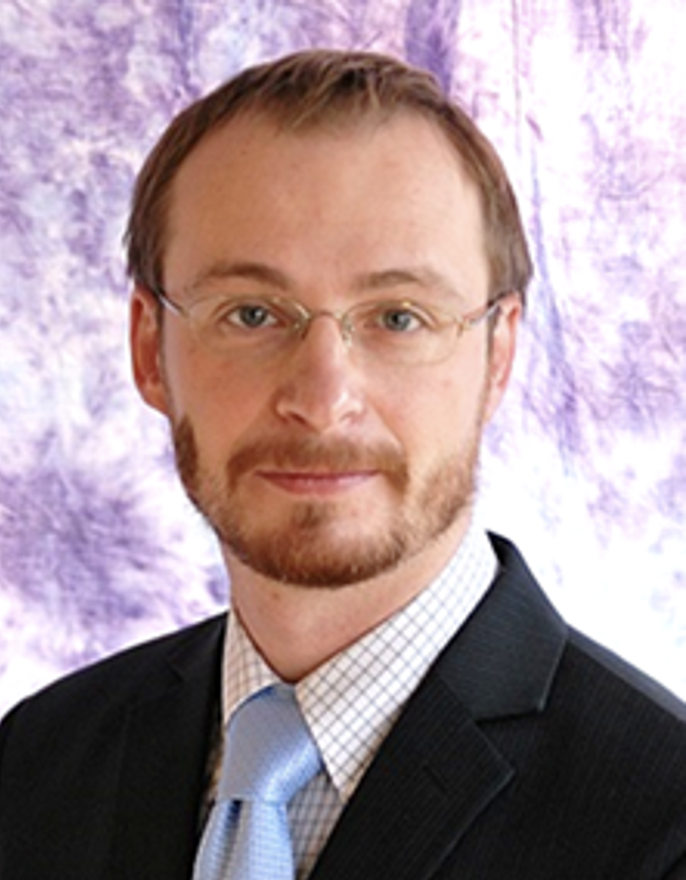New Mexico Research Symposium
Save the Date: NMRS 2026 will be on November 7th at the UNM Student Union Building
The New Mexico Research Symposium (NMRS), collaboratively hosted with the New Mexico Academy of Science (NMAS), is an annual conference with oral presentations, a poster competition, and a keynote address. The conference is geared to undergraduate and graduate students from New Mexico’s colleges and universities. All accepted abstracts have the option to be published in the New Mexico Journal of Science. View past New Mexico Journal of Science issues on the NMAS Website.
2025 NMRS Agenda:
Keynote
Sara Del Valle is the Chief Scientist for the Associate Laboratory Directorate for Global Security at Los Alamos National Laboratory (LANL). With over 20 years of experience, she has led the development of mathematical, statistical, and computational models to study the spread of infectious disease dynamics and address national security challenges. As a LANL Fellow, Dr. Del Valle is a recognized leader in her field and serves on several National Academies (NASEM) committees and advisory boards focused on biotechnology, national security, and mathematics.

Her work has been featured in several top media outlets, including National Geographic, NPR Science Friday, Popular Mechanics, and the New York Times. She holds a Ph.D. in Applied Mathematics and Computational Sciences from the University of Iowa. She's committed to mentoring the next generation of scientists and advancing equity in STEM.
Abstract
Forecasting the Future of Pandemics: The Role of Math, Data, and Human Behavior
The COVID-19 had devastating impacts and showed us how quickly the world can change. Although vaccines were developed at unprecedented speed, changes in infectivity and immune resistance of new variants complicated the long-term response.
While a wealth of data became available during the pandemic, one of the biggest gaps in public health is the lack of real-time surveillance and the limited ability to quickly translate complex data into actionable insights. Accurately estimating the spread of emerging variants further complicated by factors such as vaccine coverage, prior infection levels, viral evolution, and human behavior.
In this talk, I’ll explore how we’re using mathematics, computational models and data to better forecast the spread of new infectious diseases. You’ll learn how we’re building models that not only track viruses but also account for how people behave. And I’ll share how you, with a background in math, science, or just curiosity, can play a role in shaping a healthier, more prepared world.
Session A: Genomics & Computational Biophysics (Luminaria)
Session B: New Mexico Space Grant Fellows (Santa Ana B)
Session C: Environmental Engineering & Economics (Santa Ana A)
Session D: Engineering (Acoma B)
Session E: Advanced Materials for Energy Applications (Acoma A)
Session F: Biology (Isleta)
- Outstanding Science Teacher Awards by NMAS & ACS
- ACS door prize raffle
Abstracts for NASA Research Showcase
Panelists
Dr. Paulo Oemig is the Director of the New Mexico Space Grant Consortium (NMSGC) and the New Mexico NASA EPSCoR program. In addition to his leadership roles, Paulo serves as a College Assistant Professor in the College of Health, Education, and Social Transformation at New Mexico State University. He teaches a variety of courses, including research methods, bilingual education, and methods of teaching science. His research focuses on the integration of STEM education and the development of science-literate identities, with a particular emphasis on underrepresented and underserved student populations.

Paulo's career includes an Albert Einstein Distinguished Educator Fellowship with NASA at the Goddard Space Flight Center. He brings a wealth of experience to his roles, having worked as a chemist for five years and as a STEM educator for over a decade. Dr. Oemig is involved in educational policy and advocacy. He serves as the co-chair of the Math and Science Advisory Council (MSAC) of the New Mexico Public Education Department (PED) Math and Science Bureau (MSB), where he contributes to shaping the future of STEM education in the state. His dedication to fostering collaboration between academia, industry, and informal education organizations underscores his commitment to advancing STEM education and research.
Dr. Dongchang Chen is an assistant professor in the Department of Chemistry and Chemical Biology at the University of New Mexico. He obtained his B.S. in Chemical Physics at the University of Science and Technology of China in 2011. Dr. Chen received his Ph. D. at Georgia institution of technology in 2017, focusing on developing advanced in situ/operando Raman spectroscopic techniques for energy storage applications. Prior to joining UNM in 2021, he worked as postdoctoral researcher at the Lawrence Berkeley National Lab. At UNM, his research mainly focuses on four major directions covering the materials chemistry and characterization methods, including exploration of all-new solid-state materials and structures, knowledge-based materials chemistry development for next-gen energy storage, understanding the nature of electrons, phonons, and polarons in battery properties, and developing new spectroscopic & microscopic approaches for energy storage.

Dr. Chen has more than 40 peer-reviewed papers with an H index of 34. After he joined UNM, he has published his works on high-impact journals as the lead corresponding author, such as Journal of the American Chemical Society, Advanced Materials, ACS Energy Letters, etc. His group at UNM has four pending patent applications, covering the topics of battery materials development and advanced characterization technologies.
Dr. Borys Drach is an Associate Professor in the Department of Mechanical & Aerospace Engineering at New Mexico State University, where he has been a faculty member since August 2013. He received his Ph.D. in Mechanical Engineering from the University of New Hampshire and his B.Sc. in Mechanical Engineering from Kyiv Polytechnic Institute in Ukraine. Dr. Drach’s research encompasses computational and experimental mechanics with applications in composite materials, biomechanics, and additive manufacturing. His expertise includes micromechanics, finite element analysis, X-ray computed microtomography, and atomic force microscopy. Dr. Drach has recently developed an experimentally validated numerical approach to simulation of processing-induced residual stresses in 3D woven composites manufactured via resin transfer molding.

He won J.T. Oden Faculty Fellowship and spent the summer of 2015 at the Oden Institute for Computation and Engineering Science at the University of Texas at Austin working on biomechanics simulation of heart valve tissues. Dr. Drach was a director of recent QCAM consortium connecting three minority-serving universities and three national laboratories. The consortium’s mission focused on sustainable workforce development in quality control and additive manufacturing to prepare students for future employment at NNSA laboratories and production plants. Dr. Drach has been involved in research funded by NSF, NASA, DOE, NIH, and LANL, and has authored or co-authored more than 50 journal papers and conference publications. His ongoing work aims to advance the understanding and technological capabilities in the fields of material defects analysis, multi-physics simulation, and process-structure-property relations in advanced materials.
Dr. Andrei Zagrai received his Ph.D. in Mechanical Engineering from the University of South Carolina in 2002. He then served as a postdoctoral research scientist at Stevens Institute of Technology before joining New Mexico Tech in 2006. At New Mexico Tech, Dr. Zagrai progressed through all academic ranks from Assistant Professor to Associate Professor, and is now a Full Professor of Mechanical Engineering. He also served as the Mechanical Engineering Department Chair for two terms. His research focuses on intelligent and adaptive structures, structural health monitoring (SHM), and vibrations, with an emphasis on space systems diagnostics.

His team conducted the first demonstrations of active SHM during a stratospheric flight and a suborbital spaceflight, culminating in the launch of an SHM experiment to the International Space Station. Dr. Zagrai has authored over 150 scientific publications and received multiple national and international awards, including the Achenbach Medal for significant contributions to the field of structural health monitoring.
GRADUATE
- 1st: Getrude A. Amoah, The Biological Role of Garlic and Chile in Fighting Foodborne Bacteria: exploring natural alternatives to antimicrobial agents" - ENMU
- 2nd: Zoe Hutcherson, “Understanding the distribution of Rio Grande Cooters and examining spatial variation in their bacterial microbiota” - ENMU
- 3rd: Reuben Enchill, “Antimicrobial Properties and Mode of Action of Cinnamon and Cumin on Escherichia coli and Staphylococcus aureus” -ENMU
UNDERGRADUATE
1st (tied):
- Christian Juarez, “Urban Heat Island Effect Amplifies Cabin Temperatures in Parked Vehicles - UNM
- Aleksandra N Maruszak, “The Influence of Urban Microclimates on Summer Insect Activity in a High-Desert Ecoregion: A Case Study in Albuquerque, New Mexico” - CNM
2nd (tied):
- Kaitlyn Rivera, “Microplastic monitoring in the Rio Grande: A baseline study” - ENMU
- Christiana Concepcion, “SIRT1's Impact on Mitochondrial Calcium Signaling in Hair Cells of Danio rerio” - UNM
3rd:
- Abigail Coffman, “Thermally Responsive Smart Microcapsules for Enhanced Geothermal Energy Recovery” - UNM
